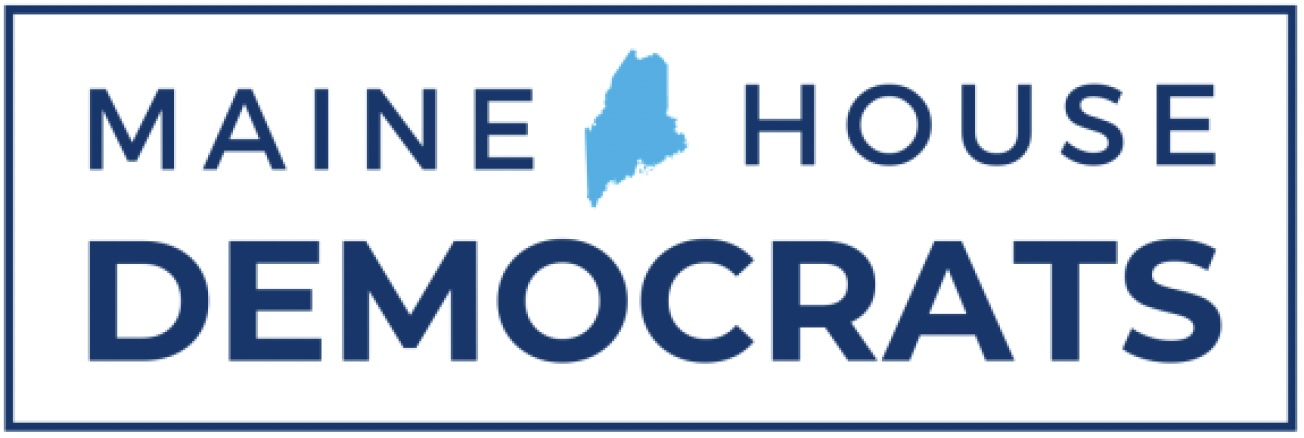AUGUSTA - The Legislature's Joint Select Committee on Housing unanimously voted Tuesday to advance a measure that combines proposals from Rep. Anne-Marie Mastraccio, D-Sanford, and Rep. Colleen Madigan, D-Waterville, to increase funding for homeless shelters in Maine.
The combined proposal would allocate $10 million for ongoing funding for all shelters across the state, and would allocate an additional $2.5 million for ongoing funding to increase the nightly rate the state pays to low-barrier shelters.
In 1988, the Legislature created an annual shelter-operating subsidy of $500,000 to support shelters in Maine serving the state's unhoused population. That figure remained the same until 2015, when the Legislature increased it to the current amount of $2.5 million. Last year, the Legislature provided an additional one-time infusion of $10 million. LD 2136 would make that increase permanent as an ongoing provision in the state's budget.
"This legislation extends financial support to municipalities grappling with our states housing crisis," said Mastraccio. "By ensuring this funding, we can prevent closures that would otherwise devastate communities throughout Maine."
In addition to increasing the base funding level for homeless shelters in Maine, the bill addresses the unique funding needs of low-barrier shelters. The current nightly rate that the state pays the five low-barrier shelters in Maine is the same as the regular nightly shelter rate. However, low-barrier shelters typically incur greater costs than regular shelters because they require staff to engage in specialized training including training in overdose prevention, the use of Narcan and de-escalation tactics in the event of a mental health crisis. This type of specialization is necessary because low-barrier shelters do not require individuals to be in substance use or mental health treatment, or actively participate in other programs as long as they follow the safety rules of the shelter. With these increased costs, many are facing significant financial shortfalls.
"Increasing support for our low-barrier shelters is crucial, especially during a time when many Mainers are unhoused and experiencing substance use disorder," said Madigan. "Increasing the nightly rate will allow these shelters to continue operating and providing an invaluable service to their communities."
The bill will move to the full Legislature for consideration in the coming weeks.
Mastraccio is serving her fifth non-consecutive term in the Maine House of Representatives and is a member of the Legislature's Government Oversight Committee and the Health Coverage, Insurance and Financial Services Committee. She represents House District 142, which includes a portion of Sanford and Springvale.
Madigan is serving her fourth term in the Maine House and represents House District 64, which includes parts of Waterville and Winslow. She serves on the Legislature's Joint Standing Committee on Health and Human Services.
Contact:
Brian Lee [Mastraccio, Madigan], c. 305-965-2744

